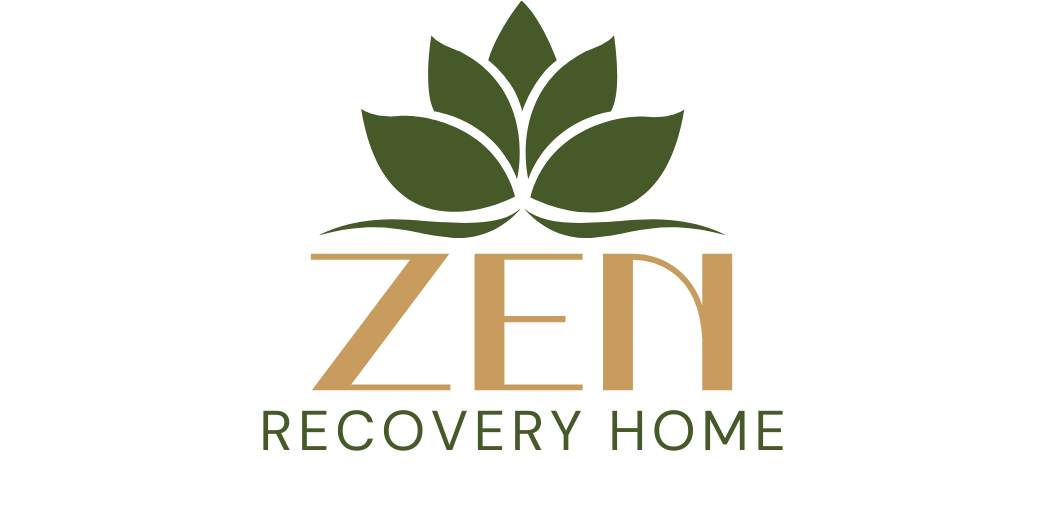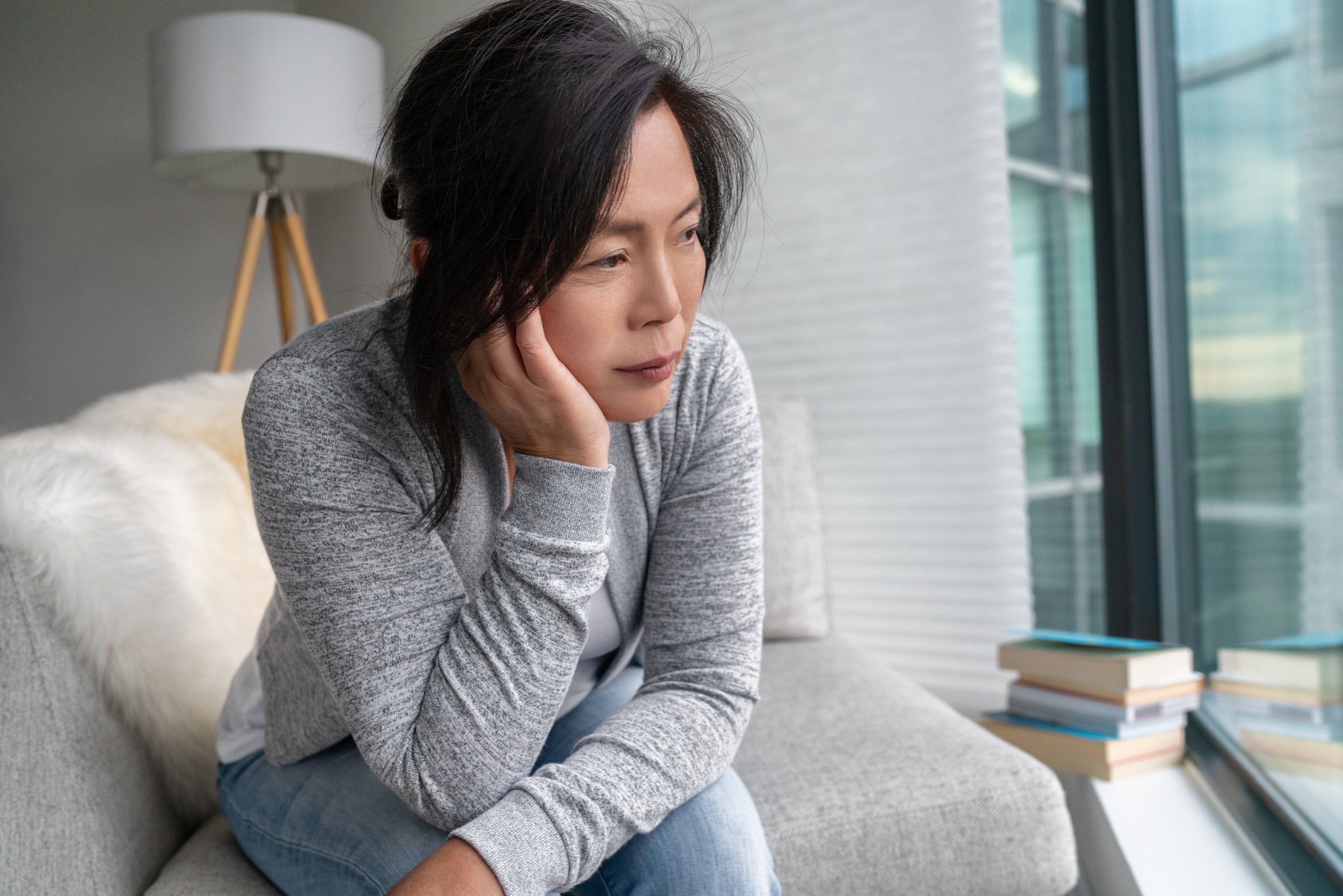Healing Happens in Community—Not Isolation
Addiction and mental health struggles often thrive in the shadows—behind closed doors, under layers of shame, and in the silence of isolation. When people are hurting, their first instinct is often to pull away: “I don’t want to be a burden.” “No one would understand.” “I just need to figure this out on my own.”
But healing doesn’t happen in that silence. Healing happens in community.
At Zen Recovery Home, we’ve seen this truth play out again and again: recovery begins when people feel seen, heard, and connected. Not when they white-knuckle it alone—but when they realize they’re not alone at all.
The Illusion of Isolation
Isolation might feel safer at first. It lets you avoid judgment, confrontation, or the discomfort of being vulnerable. But over time, it creates its own kind of suffering—loneliness, despair, and the deep belief that you’re somehow different or broken.
In addiction, isolation often becomes a coping mechanism. You withdraw to hide your use, your pain, or your symptoms. In mental illness, isolation might feel like the only option when depression or anxiety takes over.
But the truth is, isolation doesn’t protect you—it prolongs the pain.
Community Is the Antidote
Healing in community doesn’t mean being surrounded by people all the time. It means being connected to others who get it. People who can sit with you in the hard moments, celebrate your wins, hold you accountable, and remind you that you’re worth showing up for.
Here’s what healing in community looks like at Zen Recovery Home:
Group therapy where clients hear, “I’ve felt that too.”
Peer support from people who’ve been through the same dark seasons.
Daily structure and shared meals that create rhythm and belonging.
Compassionate staff who meet clients with respect, not judgment.
Alumni connections and sober networks that last beyond treatment.
You don’t have to have all the answers to belong—you just have to be willing to show up. And sometimes, that’s the bravest step.
Why Connection Is a Key to Recovery
Studies show that social support is one of the strongest predictors of long-term recovery. People who feel connected to a community are more likely to stay sober, manage their mental health, and bounce back from relapse or hardship.
Why? Because connection:
Reduces shame by normalizing your experience
Offers encouragement and accountability
Helps regulate the nervous system through human contact
Rebuilds trust in yourself and others
Gives you something to hold onto when motivation fades
Community reminds you that you are not the worst thing you’ve done, the hardest thing you’ve felt, or the label someone gave you. You’re a person still growing—and you're worth the support it takes to keep going.
From Surviving to Belonging
When people enter treatment, they’re often in survival mode. They’ve been emotionally shut down, disconnected from others, and running on fumes. That’s why we don’t just focus on sobriety—we focus on re-connection.
We help clients:
Relearn how to communicate honestly and safely
Identify triggers related to isolation and avoidance
Build new relationships with people in similar recovery journeys
Practice vulnerability in a space that honors their pace and boundaries
Because when people feel like they belong, they stop hiding. They speak up. They ask for help. They take ownership. And from there, real healing begins.
Final Thoughts: You Were Never Meant to Do This Alone
If you’re feeling isolated—whether you’re still in addiction, just starting recovery, or living with mental health struggles—we want you to know something:
You don’t have to figure this out alone.
You don’t have to be strong all the time. You don’t have to pretend you’re fine. There is a community waiting for you—not to fix you, but to walk with you as you heal.
At Zen Recovery Home, we believe that recovery is a team effort. A circle. A shared experience where healing becomes possible because we show up—for ourselves, and for each other.
Let today be the day you reach out.
Not with all the answers. Just with a willingness to be seen. Because healing happens in community—not isolation.

